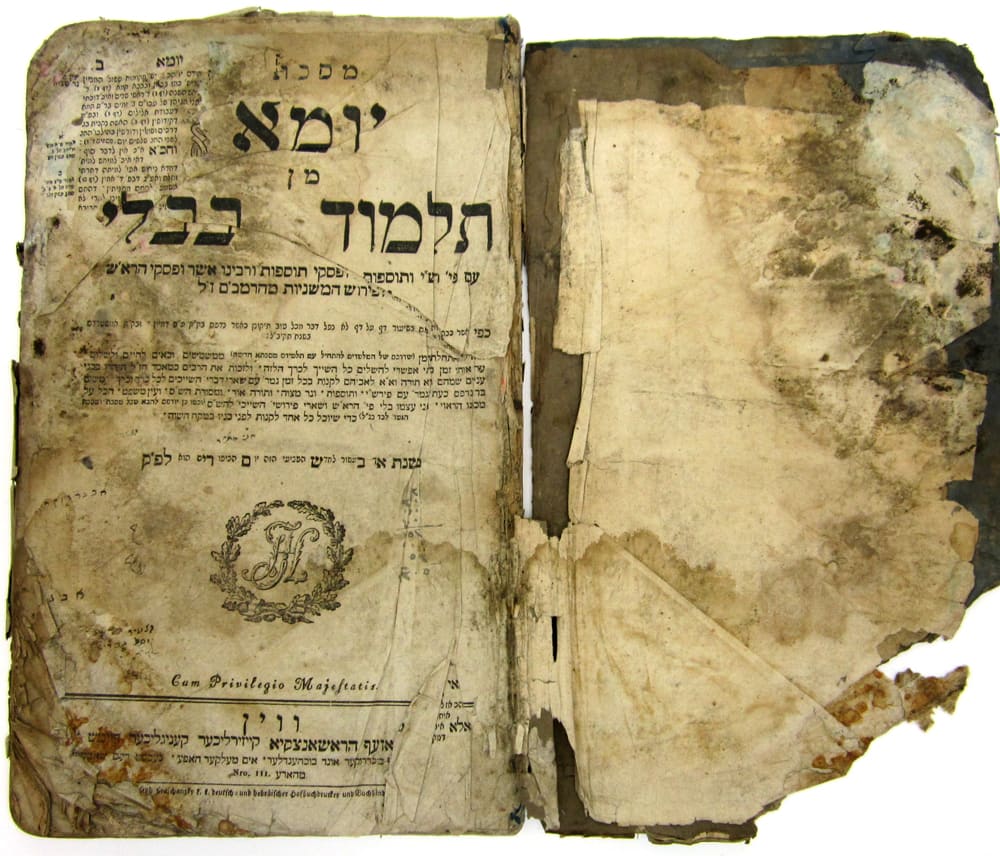The fight over the “Iraqi Jewish Archive”

PBS Newshour has a fascinating look at the “Iraqi Jewish Archive” the collection of several thousand documents found in a flooded basement in Iraq during the aftermath of the Iraq war. The documents were found in 2003 by former New York Times reporter Judith Miller and Dr. Harold Rhode, a Pentagon advisor on Islamic Affairs. The two were tipped off to the archive’s existence by the former head of the “Jewish unit” of Saddam Hussein’s secret police who fled after pointing out the basement.
The two found “more than 2,700 sacred and secular manuscripts and books; tens of thousands of communal records; and relics dating from the 1540s through the 1970s.”
Rhode, an Observant Jew, made it his mission to save the archive and brought it back to America.
Iraq once housed one of the oldest Jewish communities in the world. However, persecution, beginning with the Farhud pogrom in 1940, and emigration decimated the population. By the time of the Iraq’s liberation only 50 Jews remained. According to one expatriate, the archive is composed of documents seized by Hussein to intimidate the remaining members of the community.
The documents were rescued and housed in The National Archives in Washington, D.C., thanks to an agreement with the Coalition Provisional Authority, the temporary government put in place after Hussein’s fall. The documents are supposed to be returned in 2014, when they will be used to educate the Iraqi public about the role of Jews in Iraq. Iraqi Jewish groups and members of Congress have asked for the archive to remain in the US or, in the very least, to have the loan of the archive extended. The Orthodox Union praised the bipartisan effort. As Maurice Shohet, an Iraqi Jew from Washington, D.C., whose school records are part of the archive, explained.
“All we have left is this treasure of our history that we couldn’t take with us,” he said. “Every part of our history, our culture, our self-identity is there, and they should be returned to us.”
The words of this author reflect his/her own opinions and do not necessarily represent the official position of the Orthodox Union.
